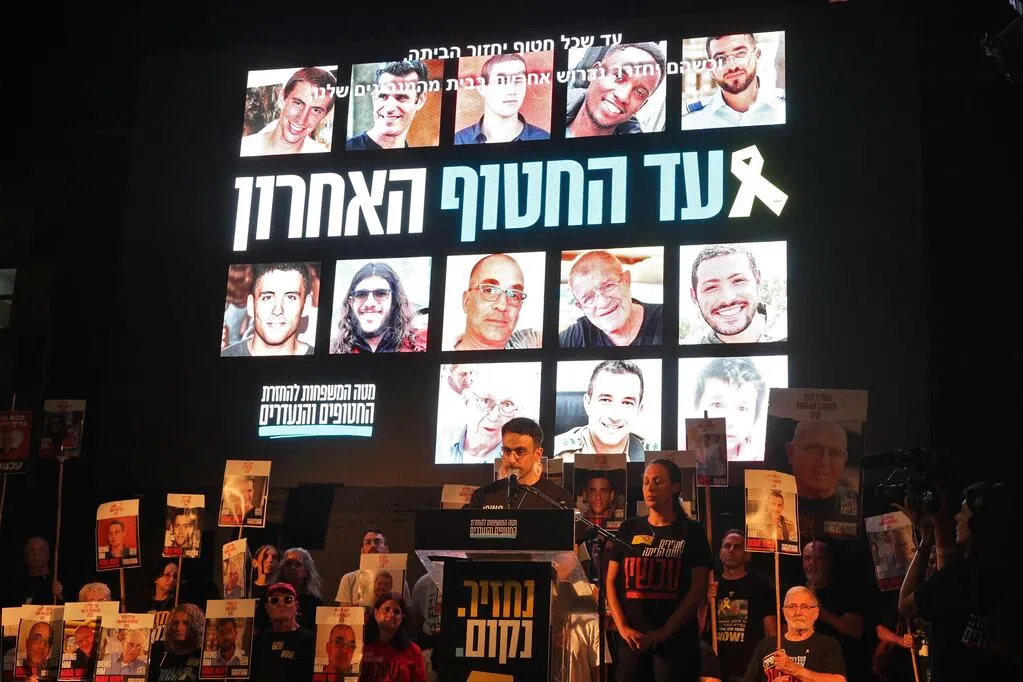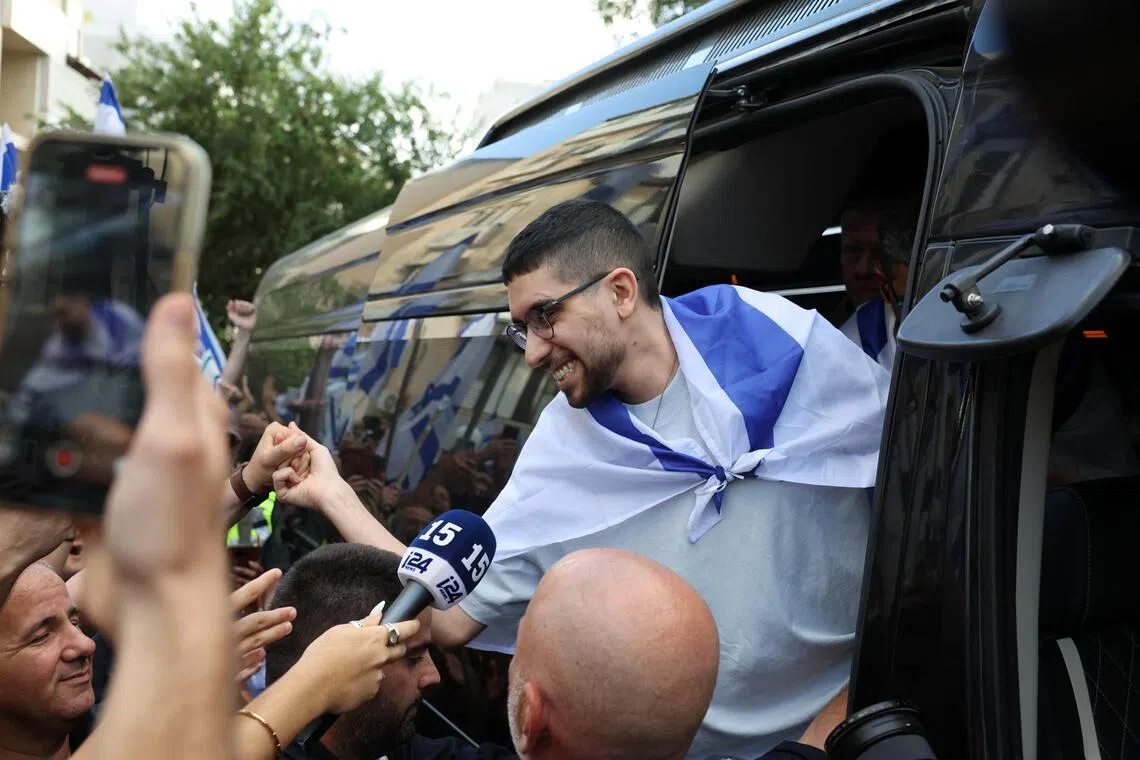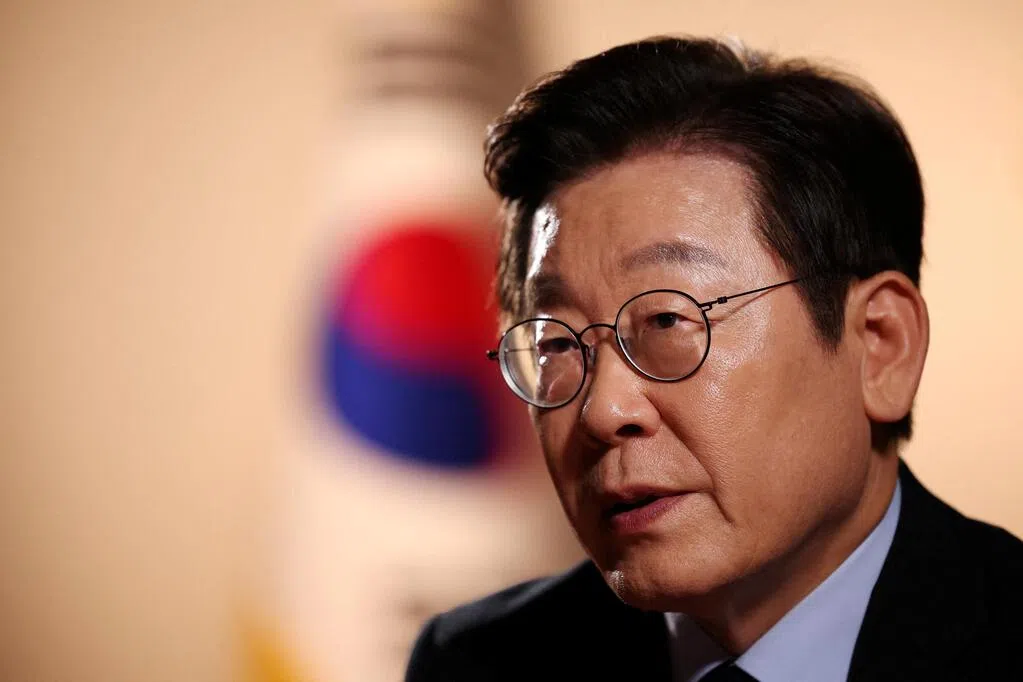(Jerusalem, October 26) Israeli Prime Minister Benjamin Netanyahu insisted that Israel will continue to control internal security in the Gaza Strip and decide which countries can send troops to Gaza to monitor the ceasefire.
Netanyahu stated at a cabinet meeting on Sunday (October 26) that Israel will decide for itself when and where to strike its enemies and which countries to allow to send peacekeeping forces to Gaza. He said: "Israel is an independent state. We defend ourselves with our own strength and will continue to determine our own destiny."
Prior to this, Israel and Hamas reached a ceasefire brokered by US President Trump. The US is establishing an international force to monitor the ceasefire and stabilize the situation in Gaza, in accordance with Trump's Gaza peace plan.
The US's leading role in the peace process has raised questions about Israel's deference to the US on Gaza-related issues. There are reports that the Israeli military obtained US approval before conducting an airstrike on Jihad militants in central Gaza on Saturday (October 25).
Netanyahu refuted this, stating that both the US and Israel are sovereign states and that the two countries are in a "partnership." "We don't seek anyone's approval," he said. "We take our own safety into our own hands."
Read more


The United States is in discussions with Indonesia, the United Arab Emirates, Egypt, Qatar, Turkey, and Azerbaijan about establishing an international Gaza force. The United States has ruled out deploying troops to Gaza, and Netanyahu hinted last week that he opposes Turkey's participation in the international force.
According to Israeli media outlet Ynet, the Knesset's Foreign Affairs and Defense Committee was informed during a closed-door briefing last week that the international force would be composed of Indonesia, Azerbaijan, and Pakistan.
Hamas and other major Palestinian factions have agreed to establish a temporary, independent, technocratic body to govern Gaza. However, Hamas has so far refused to disarm and has exploited the ceasefire to suppress rival armed groups and gangs, posing a challenge to Trump's peace plan.
Hamas' chief negotiator, Haya, stated on Sunday that Hamas's weapons are linked to Israel's "occupation and aggression," and that "once the occupation ends, these weapons will be handed over to the state."
Hamas has so far returned all 20 surviving hostages and the remains of 13 of the 28 deceased hostages. Haya said Hamas has expanded its search for bodies to new areas.

Hamas has not handed over any hostage remains since last Tuesday (the 21st). Hamas says it sincerely wants to return the remaining hostages' remains, but finding them in the rubble is difficult.
Israeli government spokesman Bedrosian said Sunday: "Hamas knows the exact location of our deceased hostages. If Hamas works harder, they can find their bodies."
According to Israel's public broadcaster Kan, Israel believes Hamas knows the whereabouts of nine of the remaining hostages' bodies, while the whereabouts of the other four remain unknown.
Currently, an Egyptian convoy has entered Gaza west of the Yellow Line to assist with the search for bodies, working with the Red Cross. Bedrosian said Netanyahu personally approved the entry of the Egyptian convoy into Gaza. This is a technical team, without military personnel.
Sources also report that Netanyahu has authorized Hamas representatives to enter Israeli-controlled Gaza to search for hostage remains. Meanwhile, although aid flows into Gaza have increased since the ceasefire took effect, they are still insufficient to meet local needs. The United Nations Relief and Works Agency for Palestine Refugees in the Near East (UNRWA) posted on social media platform X on Sunday that UNRWA's international staff and humanitarian aid continue to be blocked from entering Gaza.



